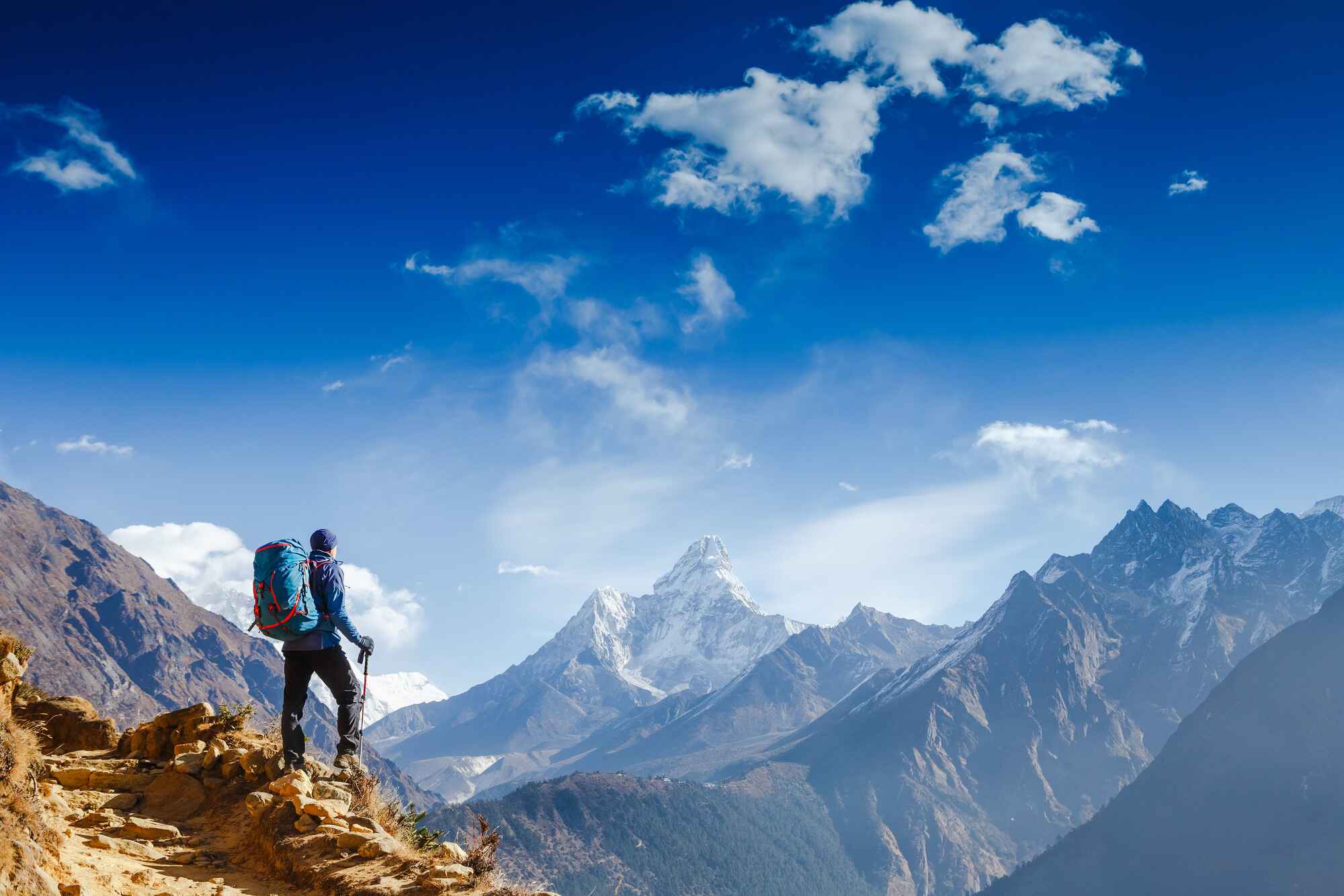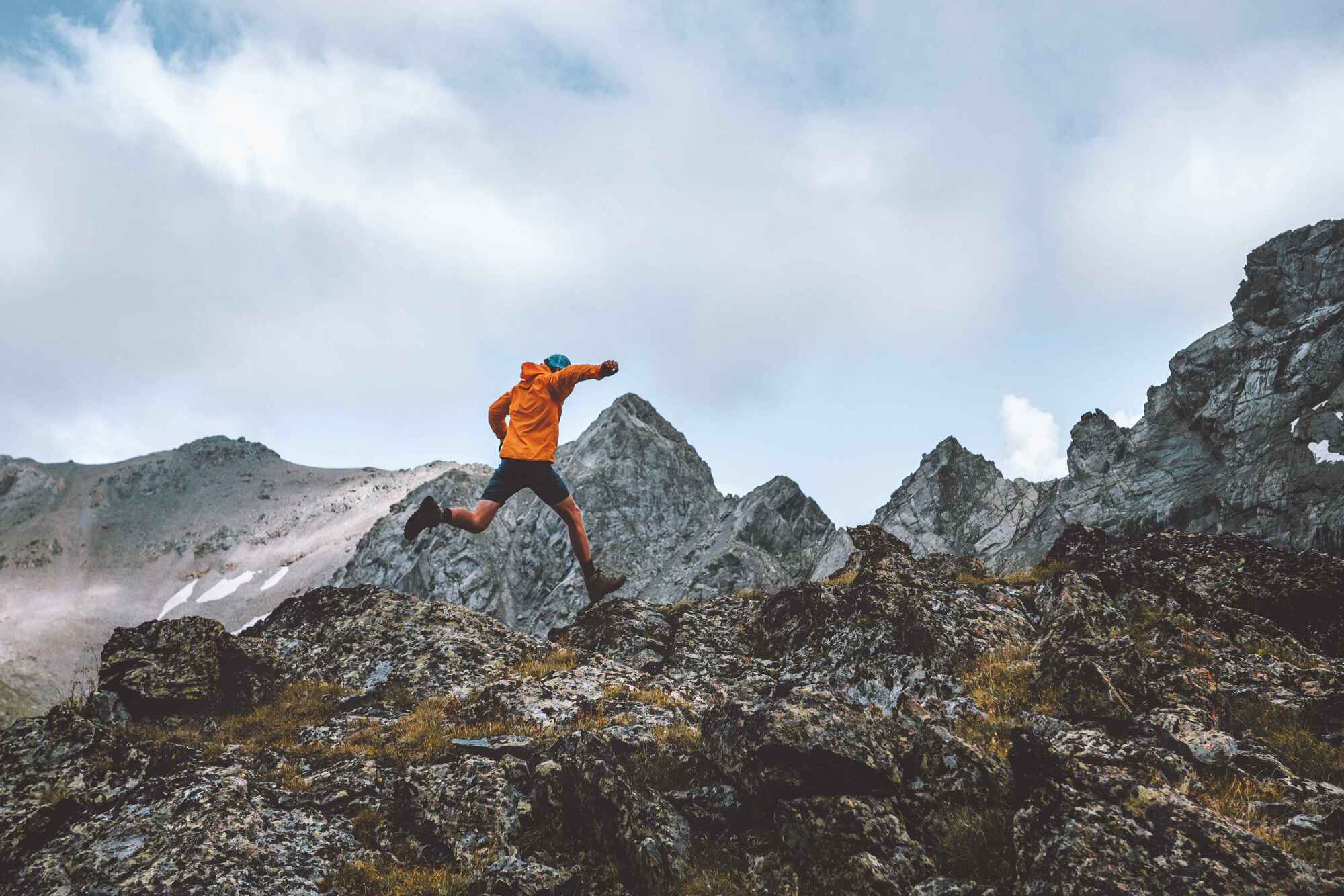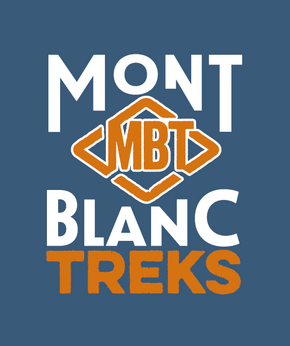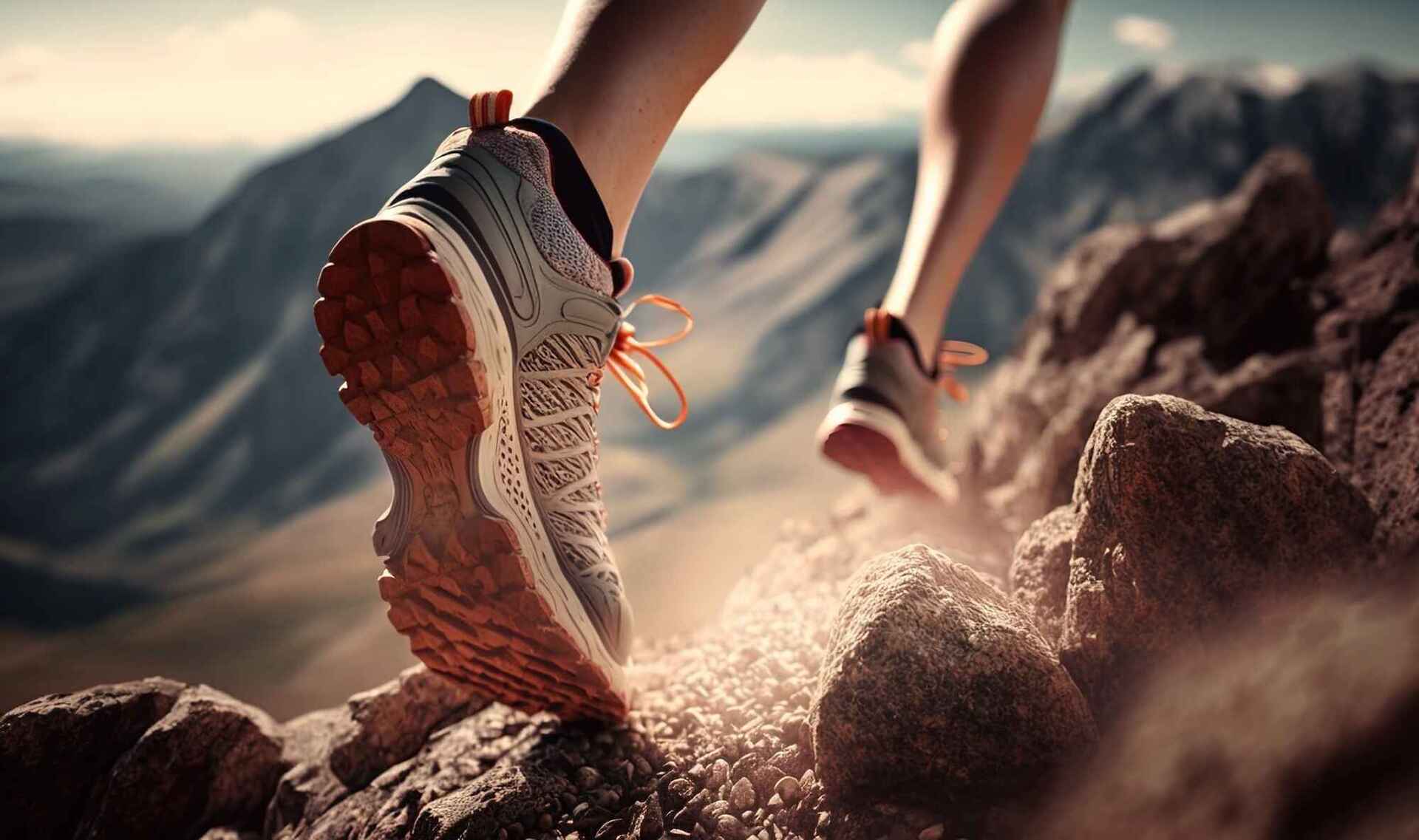So you have signed up for a multi day hike in the European Alps, it will be an amazing experience, it’s a challenge with its rigorous itinerary but it will be well worth it! Preparation is the key to enjoying your hike to the max and arriving with a good level of fitness is essential. Here is some information that we hope will help you prepare over the coming months...
Our clients have all sorts of experience before they arrive, some have trekked all over the world, some have only trekked in their local area and others have never experienced a multi-day trekking holiday before, although they participate in many other types of sports activities.
There is no hard and fast rule, so where do we start with this?
Activity: Think about the activity you are interested in, look in detail at the itinerary, how many days hiking, height gain, descent, and distance each day?
Attributes needed: What are the attributes that will make us enjoy this challenge to the fullest?
Where am I at this moment in time? Physically, psychologically, nutritionally? What are your strong points & weaknesses?
Plan of action: Now we might have an idea of what to focus on!

Here are some of the frequently asked questions in relation to your multi day trekking challenge. We have used the Tour du Mont Blanc as a bench mark but the same applies to all the treks we offer.
How hard is the TMB? ‘This can depend on your age, fitness, body type, health condition, previous experience’. ‘We graded TMB as a 3 (out of 4) DIFFICULT, so you need a good level of fitness before you arrive. Mountains being mountains, there aren’t so many flat bits on the TMB and the down hills can be tough in a different sort of way! There’s an amount of leg, ankle and glute strength needed to trek down hill. You need to stepping down repeatedly with the additional weight of a day sac adding to your body weight. More detail regarding trek grades can be found here: TREK GRADES
How long is the TMB? ‘TMB and many of the other treks offered by MBT are based upon a 7-14 day experience. Each day has an itinerary planned to reach your daily destination in around 7 hours. Expect to be out walking 8.30am to 5pm each day. More significant than daily trekking distance is height gain and descent. On the TMB this can be 1,200 meters or 4,000 feet of up and down daily. The maximum altitude on TMB will be 2700m.
What about breaks during each hiking day? Our guided groups tend to have a short, 10 minute break every hour, with a longer 30 minute lunch break. This can change dependent on the dynamics of weather, terrain and even the group and individuals within it. A guided TMB will have a rest day built in which will be a welcome break as the energy needed to sustain challenging activity level could be burning six times more calories than you would do when sitting quietly.
How heavy is a day sack? You will have a bag transfer on all nights, however you still need to carry the essentials. There will be absolutely no compromise with the basics! Water, snacks, waterproof jacket & trousers, poles, extra layer, hat, gloves and essential personal items such as medication, sun screen, passport. This could be 8kg of extra weight. You need a strong and stable core to manage your day sack.
Will I be affected by altitude on the trek? Tour du Mont Blanc: maximum altitude of 2665m. Generally speaking, you won't be affected too much by the altitude. You might notice you feel a little more tired than usual on the first couple of days, this is normal & you will acclimatise quickly once you are here. It might be advantageous to arrive a day earlier so you can recover from your travel. It’s also important to arrive fit and ready for your trek, eat well and stay hydrated. It is important that you have the appropriate insurance to cover the altitude you will be trekking to, your insurance company probably will ask you this question.
There are many frequently asked questions on our website that will give you further insight.

To summarise what we consider to be the most important attributes & factors to maximise your enjoyment on your trek:
Confidence in mountainous environments
Strength, balance and good movement skills in order to move safely through challenging terrain, this could include good use of walking poles to aid stability
Good choice of hiking gear to keep you comfortable in all weathers, see our KIT LIST page for ideas
Enjoying the camaraderie of fellow trekkers and guides
Maximising your rest and recovery each evening
Embracing the unique experience of each town, village and accommodations along the trail
A positive attitude to overcome challenges
Take a look at our dedicated Fitness and Preparation page for further information or contact the MBT team info@montblanctreks.com




